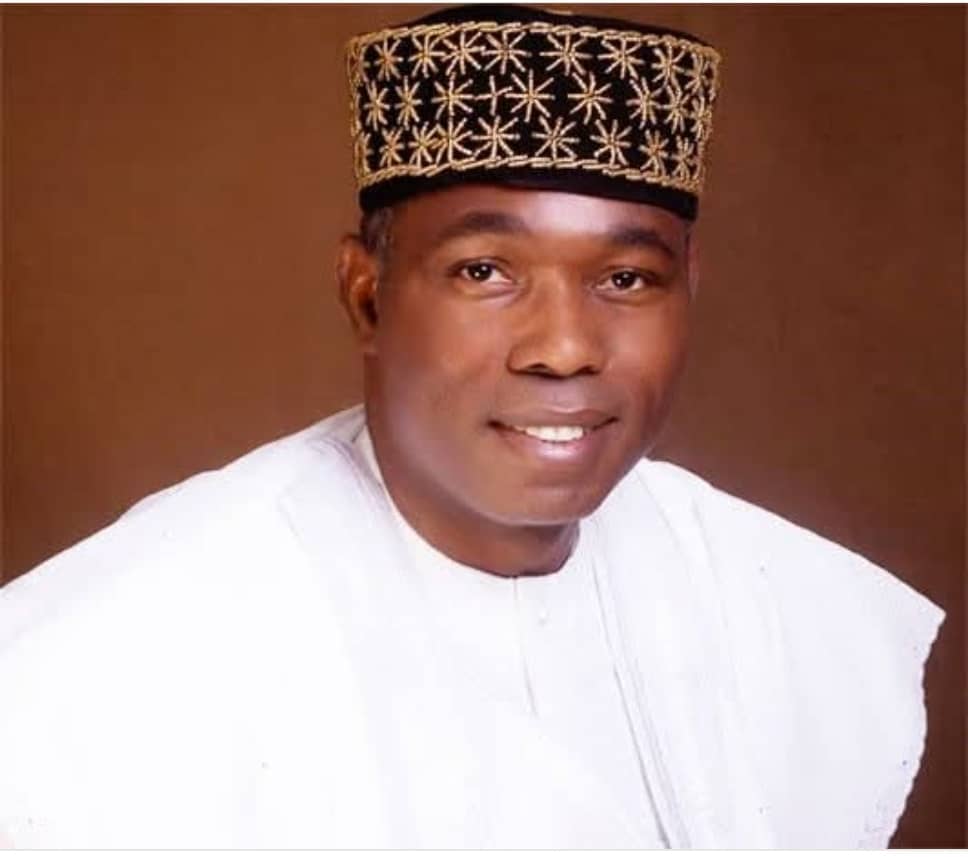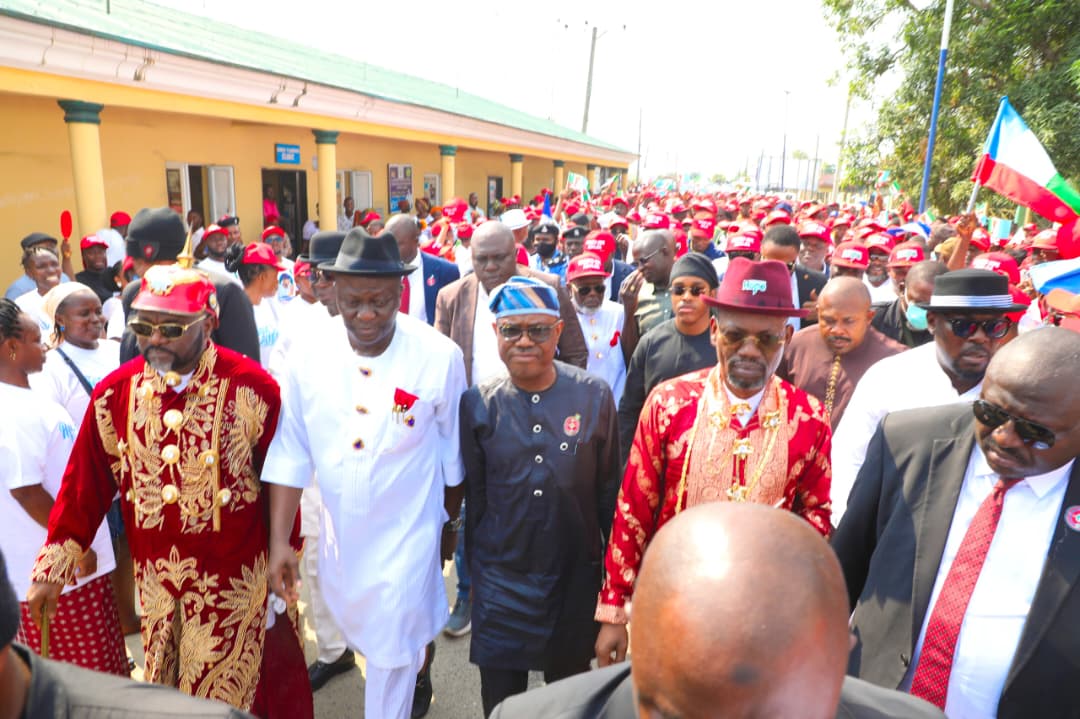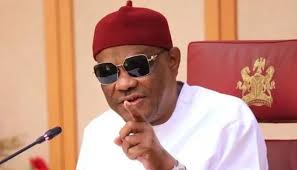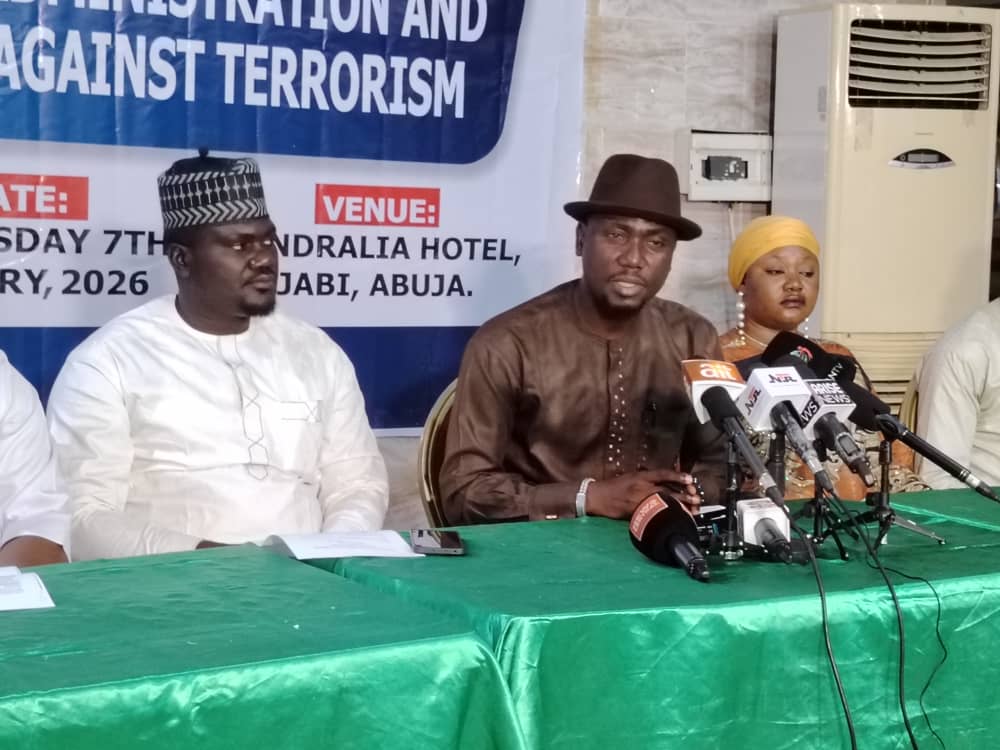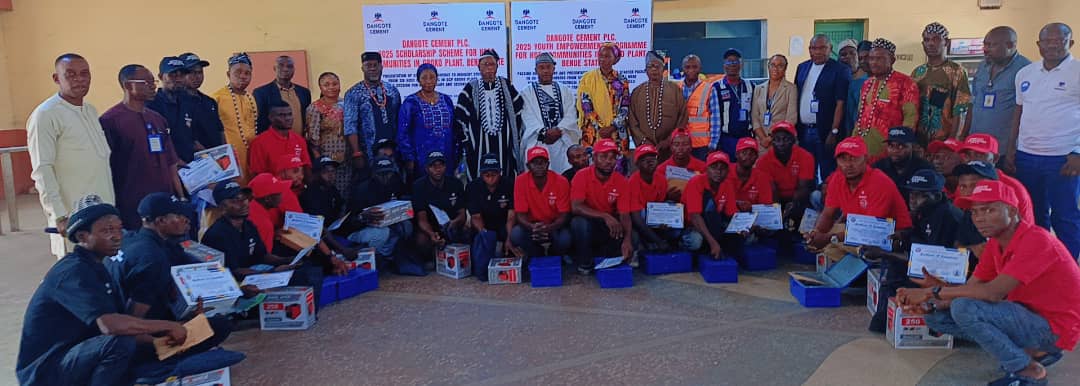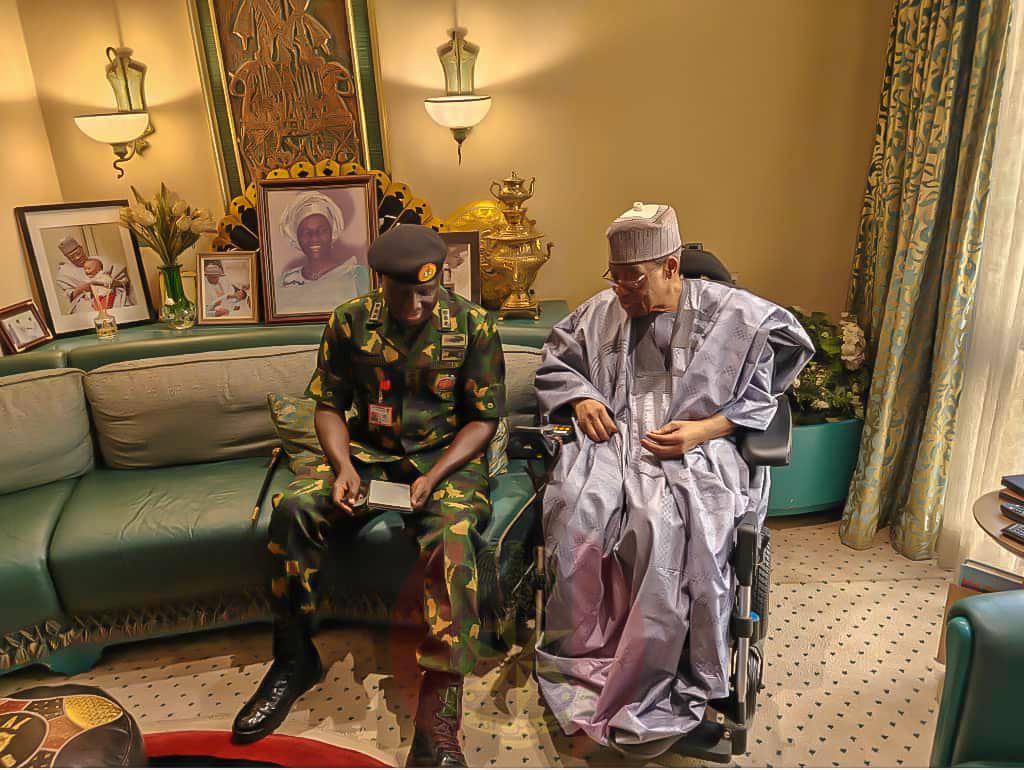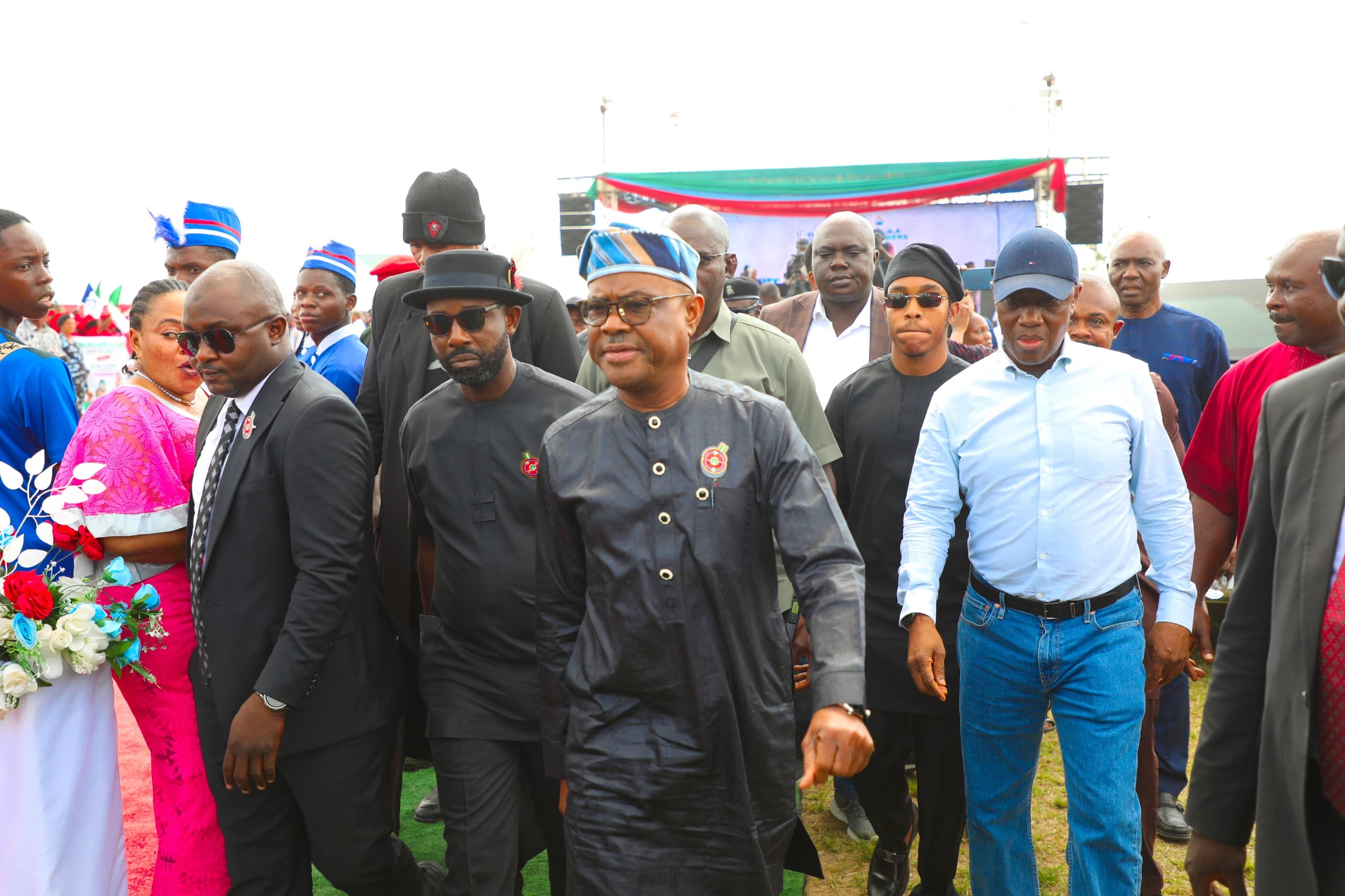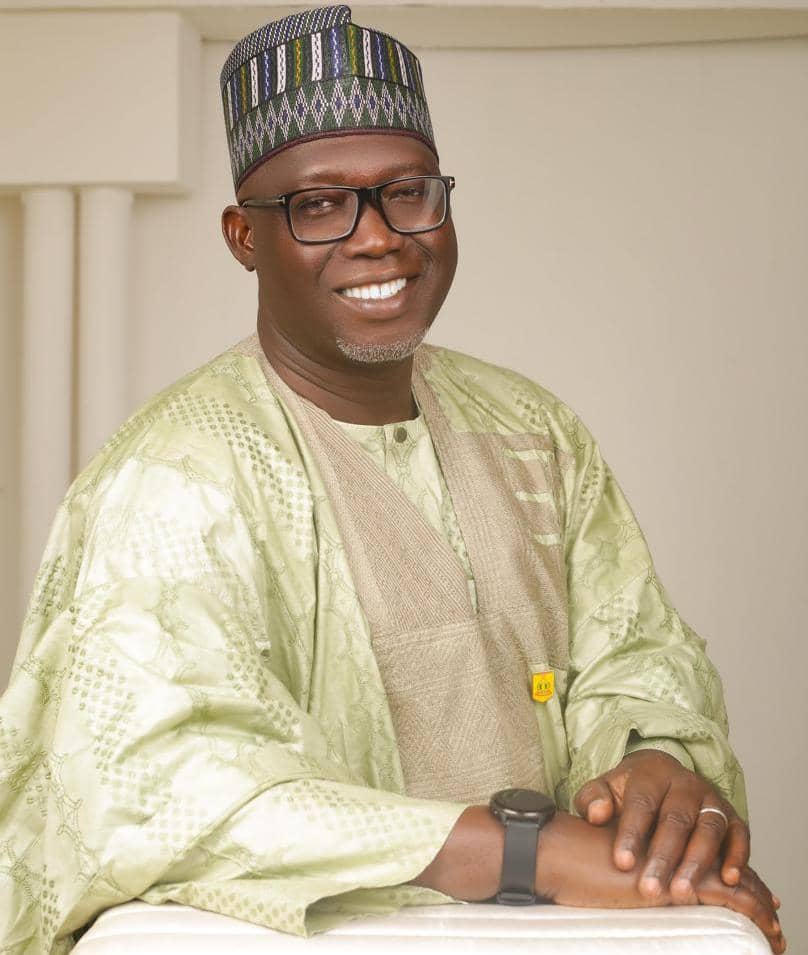The Social Democratic Party (SDP) has rolled out the drums to celebrate its 2023 presidential candidate, Prince Adewole Ebenezer Adebayo, hailing him as an iconic patriot, true democrat and one of Nigeria’s most outstanding national assets.
In a statement issued on Thursday to mark Adebayo’s birthday, the Acting National Chairman of the party, Dr. Sadiq Umar Abubakar Gombe, speaking on behalf of the National Working Committee (NWC) and party members nationwide, said Nigeria was fortunate to have a leader of Adebayo’s depth, intellect and character at this critical period.
The party described Adebayo as a man of uncommon vision whose ideas, values and lifelong commitment to justice, equity and people-centred governance continue to inspire hope across the country.
According to the SDP, Adebayo’s relentless efforts toward building a fair and prosperous Nigeria, where opportunities are not limited by class, status or creed, have earned him respect beyond partisan boundaries.
The party praised his philanthropic gestures, youth empowerment initiatives and mentorship of young professionals, noting that his impact on lives and communities across the country speaks louder than words.
“As he marks another year, we urge him to remain focused and undeterred in his mission to rebuild Nigeria and restore dignity to governance,” the statement said.
The SDP also prayed for long life, good health and greater fulfilment for its standard bearer, expressing confidence that the time for the full expression of his leadership qualities on the national stage would come sooner rather than later, for the good of Nigeria.
The statement was signed by the National Publicity Secretary of the party, Araba Rufus Aiyenigba, and dated January 8, 2026.

